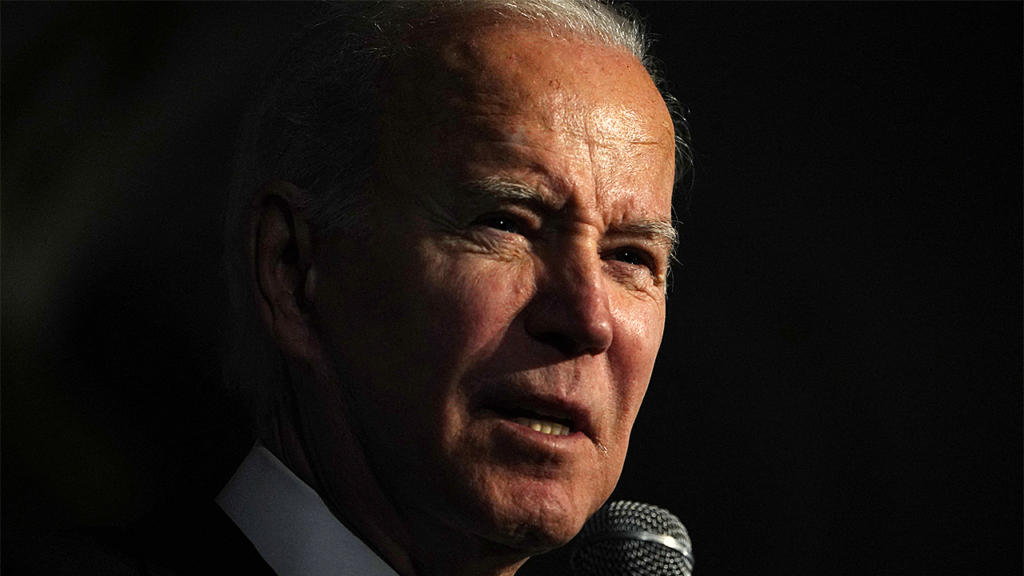
In the intricate tapestry of international politics, certain threads, when pulled, can unravel long-standing narratives and reshape geopolitical landscapes. One such thread is being tugged at by Viktor Shokin, the former Ukraine prosecutor general, whose revelations promise to shed new light on the Biden administration’s dealings with Ukraine.
Viktor Shokin’s tenure as Ukraine’s prosecutor general was anything but uneventful. His most significant challenge arose when he initiated an investigation into Mykola Zlochevsky, the owner of Burisma Holdings. This energy company had an interesting connection to the U.S. – Hunter Biden, the son of then-Vice President Joe Biden, was a notable board member.
At the heart of Shokin’s impending disclosures is the intriguing tale of his dismissal from office. Preliminary insights from his interview suggest that both President Biden and Hunter might have played roles in this decision. Shokin’s assertion, “”They were being bribed,”” if corroborated, could have far-reaching consequences for the Biden legacy and U.S. foreign relations.
But what could be the driving force behind such alleged actions? The answer might be found in the corridors of Burisma Holdings. With Shokin’s investigations threatening to unearth potentially damaging information about the company and its board members, the Bidens could have faced significant political and personal repercussions.
Shokin’s exit from his position was far from discreet. It was marked by significant international pressure, with Joe Biden at the forefront. Biden’s own recounting of events at a 2018 Council on Foreign Relations gathering paints a vivid picture: “”I looked at them and said, ‘I’m leaving in six hours. If the prosecutor is not fired, you’re not getting the money.’”” The subsequent events, including Shokin’s removal, raise pressing questions about the motivations and power dynamics at play.
Adding another layer to this intricate narrative is a recent revelation from an FBI informant’s file. This document suggests that Zlochevsky claimed he was “”coerced”” into making hefty payments to both Joe and Hunter Biden, ostensibly to ensure Shokin’s ousting. If these claims are substantiated, they could fundamentally alter our understanding of the Biden administration’s interactions with Ukraine.
The anticipation surrounding Shokin’s full interview is palpable. It promises to address several burning questions: What were the genuine reasons behind Shokin’s ousting? How deeply were the Bidens involved? And what does this mean for the future of U.S.-Ukraine relations?
The implications of Shokin’s claims are vast and far-reaching. They challenge the very fabric of international diplomatic relations, question the ethical use of power in global politics, and highlight the potential dangers of mixing personal interests with official duties. As the world awaits the complete interview, one thing is clear: the intricate web of Biden’s dealings in Ukraine is yet to be fully exposed.
In the days to come, as more details emerge and reactions from various sectors are voiced, the global political community will be in a state of fervent discussion. Analysts will dissect the revelations, officials will be under the spotlight, and the public will form its opinions. Amidst this maelstrom, the quest for truth and transparency remains at the forefront.
In conclusion, Viktor Shokin’s revelations stand to be a pivotal chapter in the unfolding saga of the Biden-Ukraine relationship. As this narrative continues to evolve, it serves as a stark reminder of the complex and often obscured interplay of international politics, where ambition, power, and personal interests often collide.
Source Trending Politics
